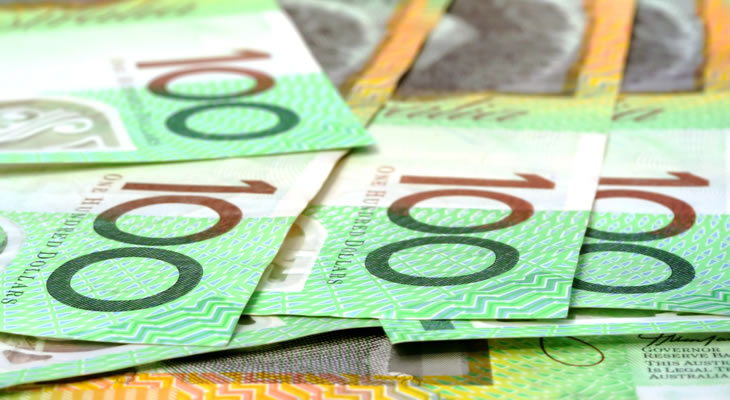The Pound Sterling to Australian Dollar (GBP/AUD) exchange rate may have fallen by -0.5% today amid growing ‘Brexit’ concerns, but the diverging interest rate outlooks of the Bank of England (BoE) and Reserve Bank of Australia (RBA) could see GBP/AUD surge in the months ahead.
GBP/AUD and GBP/NZD Exchange Rates Decline Today on Brexit Concerns, But Pound Sterling Could be on Course to Gain in 2015
As Prime Minister David Cameron prepared to deliver a speech on the UK’s place in the European Union during a Summit in Brussels, the Pound broadly declined. The Pound Sterling to Australian Dollar (GBP/AUD) and Pound Sterling to New Zealand Dollar (GBP/NZD) exchange rates fell by 0.5% and 0.3% respectively.
However, with industry experts betting that the Bank of England (BoE) may bring forward its timeline for increasing interest rates in response to encouraging UK data and both the Reserve Bank of Australia (RBA) and Reserve Bank of New Zealand (RBNZ) expected to lower borrowing costs further before the close of the year, the Pound could rally against its South Pacific rivals.
The Pound Sterling to New Zealand Dollar (GBP/NZD) exchange rate recently achieved a 5-year high, and the pairing could advance even further beyond this level if the RBNZ does indeed slash borrowing costs this year.
Likewise, a rate cut from the RBA would drive the Pound Sterling to Australian Dollar exchange rate beyond its recent 71-month best.
Australian Dollar to US Dollar (AUD/USD) Exchange Rate Forecast to Feel the Impact of Potential ‘Grexit’ – US Jobs Data Ahead
While the ‘Aussie’ went on to strengthen against the Pound and US Dollar on Thursday, the Australian Dollar to US Dollar (AUD/USD) exchange rate initially declined during the local session.
Industry expert Stephen Innes said of the Australian Dollar to US Dollar (AUD/USD) exchange rate outlook; ‘These talks have played on the Aussie fortunes overnight. After it peaked above 0.7770, the Aussie fell off to 0.7680 as a minor uptick in risk aversion set in. […] We’re seeing decent support at the 0.7700 level, as the Aussie is being temporarily buffeted by the Reserve Bank of Australia’s monetary stance. […] This current level (for the Aussie) is lining up to be a real battle zone, and if the Greek drama ever subsides we could be in for some lively currency markets determining if 72 or 82 is the next level for the Aussie.’
Innes did add; ‘No question the next major move (on the Aussie) will be RBA driven.’
Further Australian Dollar to US Dollar (AUD/USD) exchange rate fluctuations may follow the release of today’s US Initial Jobless/Continuing Claims numbers and Markit Services/Composite PMI’s.
Pound Sterling to Australian Dollar (GBP/AUD), Pound Sterling to New Zealand Dollar (GBP/NZD) Exchange Rate Predictions – NZ Trade Data to Impact ‘Kiwi’, US Reports Could Weaken ‘Aussie’
Although UK data is in pretty short supply for the rest of the week, the Pound Sterling to Australian Dollar (GBP/AUD) exchange rate could fluctuate in response to developments in the Greek bailout negations and ecostats from the US.
Signs that Greece is heading for a default (and possible expulsion from the currency bloc) would create a risk-off environment and reduce demand for higher-yielding assets like the Australian Dollar – giving the Pound a chance to climb.
Similarly, demand for currencies like the Australian Dollar and New Zealand Dollar will also ease if the upcoming US reports support the case in favour of higher borrowing costs in the US.
Meanwhile, volatility in the Pound Sterling to New Zealand Dollar currency pair is likely to be occasioned by New Zealand’s latest trade numbers.
The nation’s trade surplus was shown to have narrowed considerably in April and is expected to turn to a deficit in May. If that proves to be the case, the New Zealand Dollar could lose ground against peers like the Pound and US Dollar.
The Pound Sterling to Australian Dollar (GBP/AUD) exchange rate was trending in the region of 2.0268 while the Pound Sterling to New Zealand Dollar (GBP/NZD) exchange rate was trending in the region of 2.2712


Comments are closed.